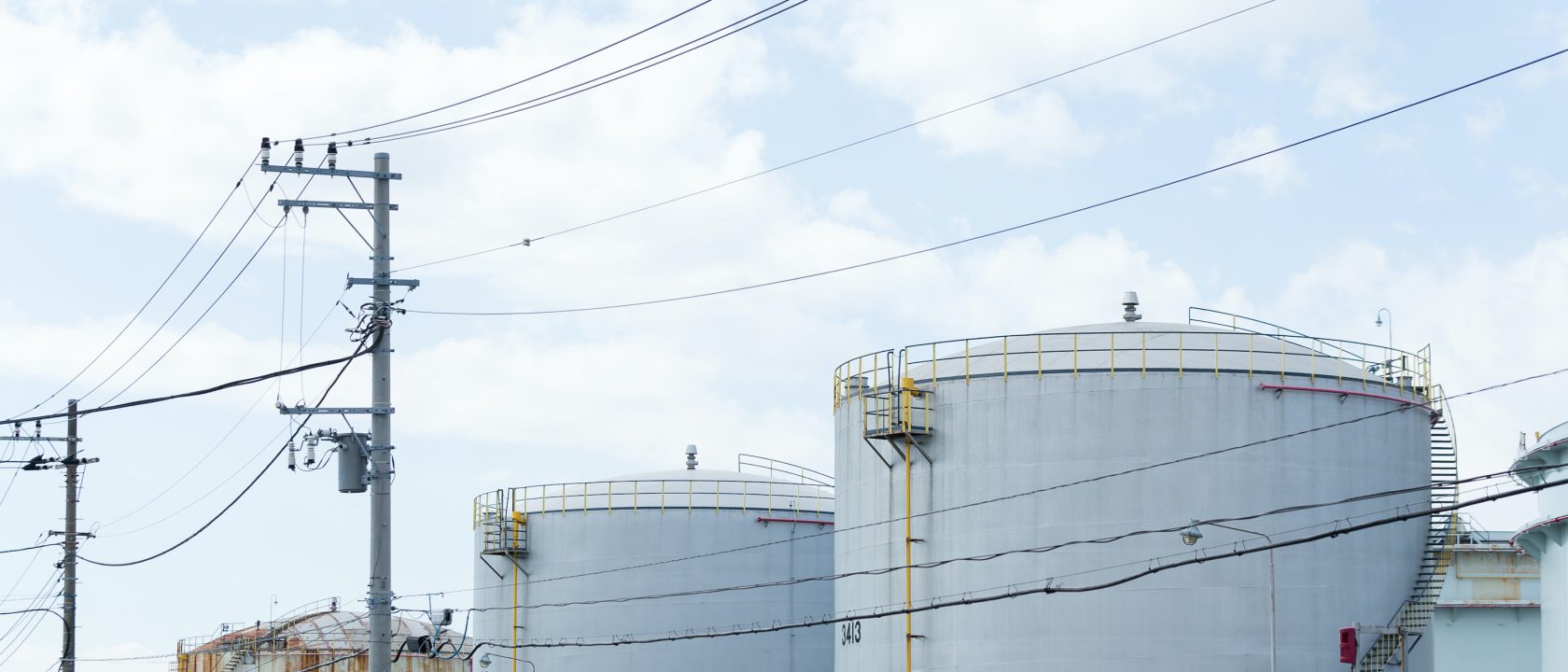
- What are fossil fuels and why are they unsustainable
- Action taken against the development of fossil fuels
- Will it be enough to help us achieve our goals regarding climate change?
Fossil Fuels vs. Sustainability
Fossil fuels are defined as any combustible organic material derived from the remains of a former life, such as oil or coal. They are generally considered bad for the environment due to the high levels of carbon dioxide and greenhouse gases emitted into the atmosphere. The process of extracting and transporting fossil fuels is not any better, as it often leads to air and water pollution for local communities and ecosystems. Fossil fuels also are not renewable, given how long they take to form, and eventually when all fossil fuels are depleted there will be no way to make more. In fact, some studies estimate that we may only have 53.3 years of oil left in the world (given current reserves). As such, fossil fuels are decreasing in popularity, mostly given how unsustainable and inefficient they are.
Action Taken Against Fossil Fuels
As people are becoming more in tune with the effects of fossil fuels on the environment and its near depletion, some local activists are taking action against the use of fossil fuels altogether. For example, a town in California called Petaluma made the decision on March 1st to ban the construction of any new gas station in town. California is not alone in creating local initiatives related to fossil fuels. Tacoma, another town in Washington state, prohibited all new city-owned buildings from using natural gas and other fossil fuels for heating, lighting and power. This option is also being expanded to residential and commercial buildings.
While these efforts may seem like a small step in tackling the giant hurdle that climate change presents, it does demonstrate a significant change in attitudes regarding climate change action and the urgency that local populations have in combating it. Change is being stimulated on the institutional level as well.
According to the International Energy Agency (IEA), clean energy patenting is far outpacing fossil fuel related patenting which demonstrates growing interest from larger institutions in the development of clean energies over fossil fuel related ones.
Is it enough?
While all of this is great news in terms of the future of sustainability, will it be enough to actually harbor the change needed to mitigate the more extreme side effects of climate change? After the study on clean energy was done, the IEA noted that significant evolution and invention is needed in order to achieve net-zero emissions by 2070. While the attitudes around climate change are shifting towards a greater sense of urgency, more still needs to be done in order to achieve our goals of a carbon-free society.
Sources:
No new gas stations? One California town’s fight against climate change.
Clean energy patenting is outpacing fossil fuels, but experts warn it’s not enough
Tacoma bans use of fossil fuels in new city buildings. Are commercial, residential next?
Why Are Fossil Fuels Bad for the Environment?
